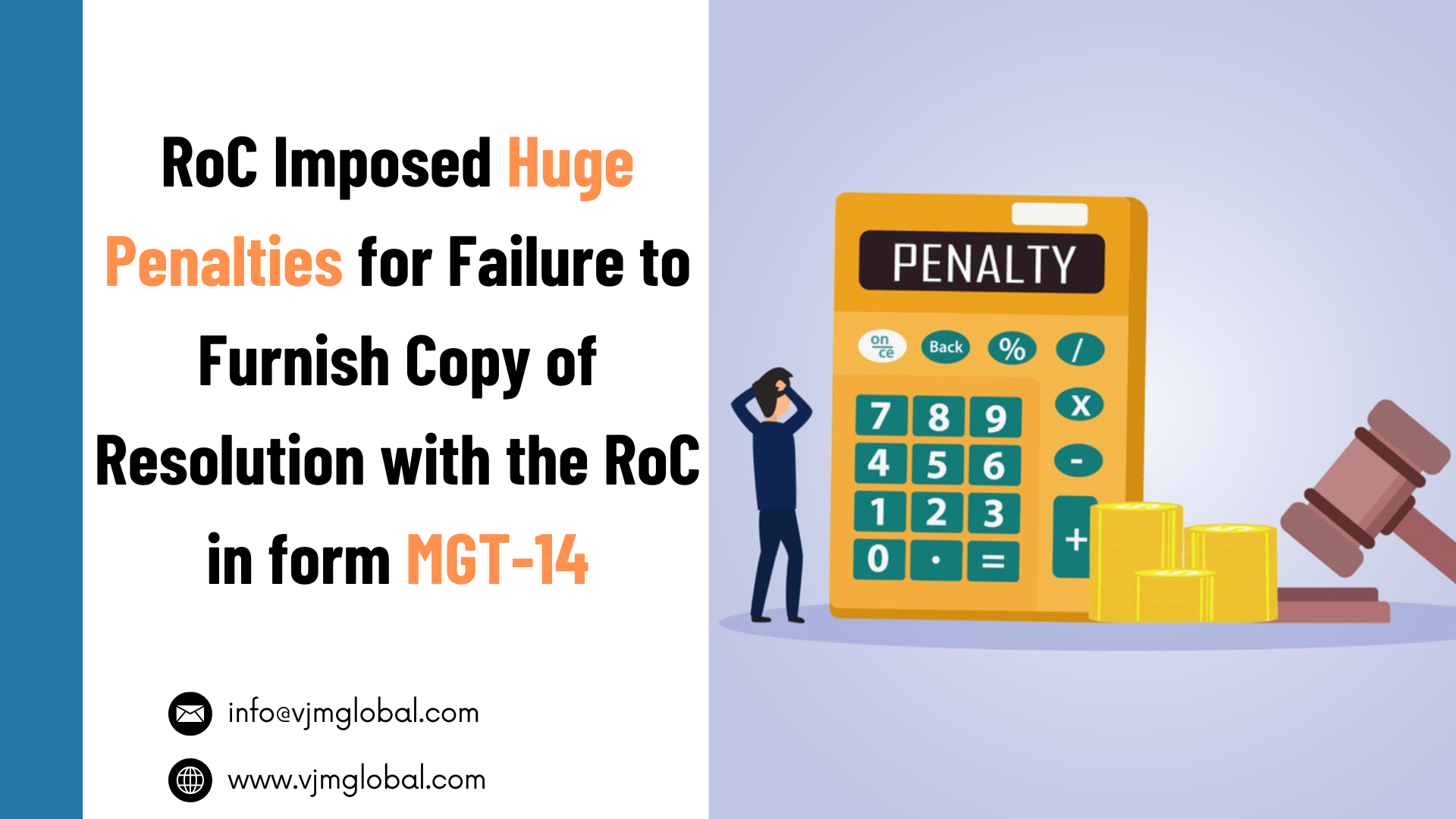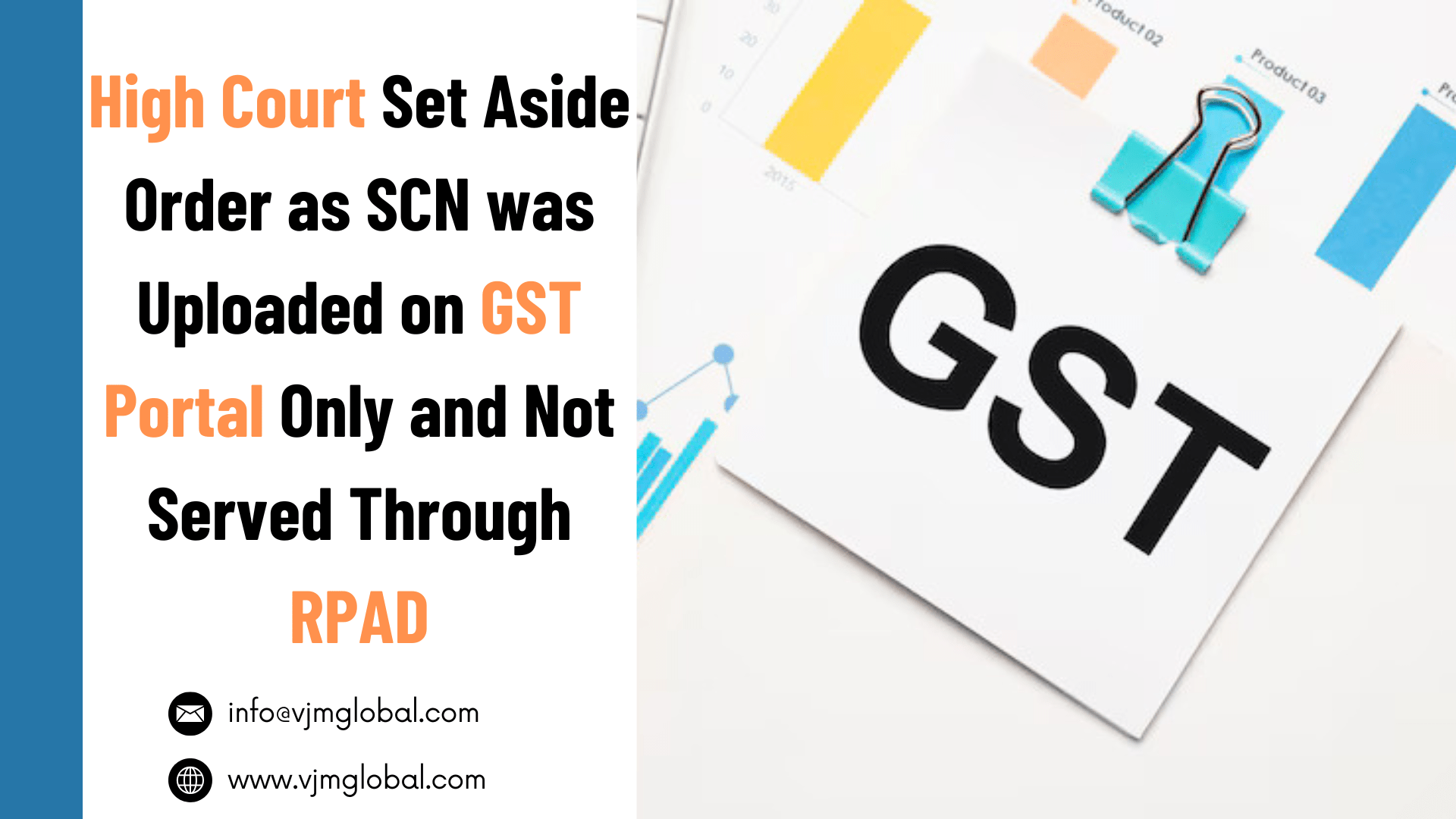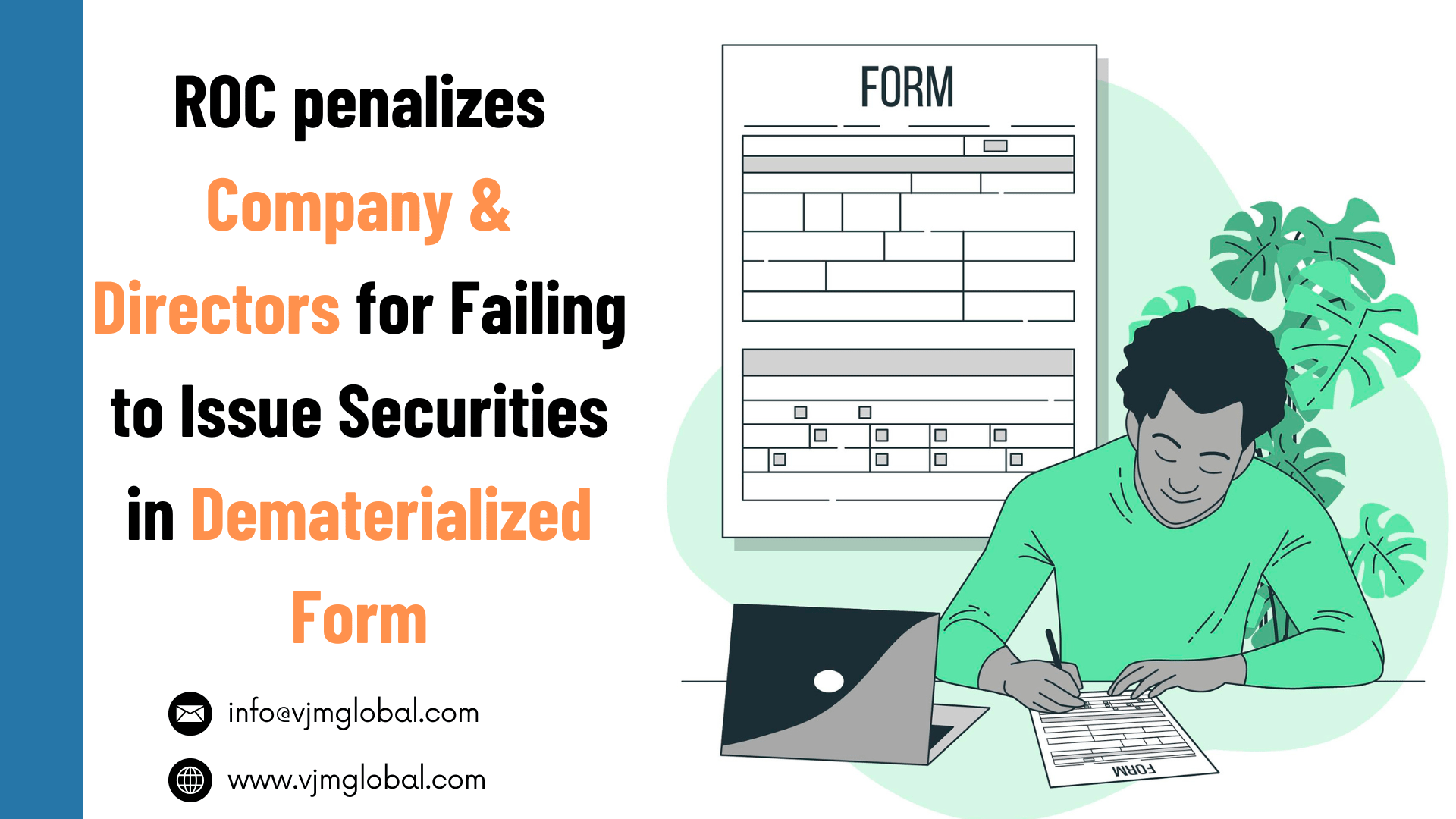India is among the top preferred countries for trade and investments and is visited by traders and investors worldwide. Choosing the adequate business form bears the same significance as any other elements that make up the business management strategic plans. Choosing a proper business structure will make it easier for the business to deal with its management and achieve its objectives. Registering a Company in India in 2024 requires a general understanding of the legal requirements set down by the Companies Act of 2013 and, secondly, identifying the right business structure required, ranging from LLPs, OPC, or PLCs, depending on the situation. So, let us show you how to register your private limited company in India.
What is a Private Limited Company?
A private limited company is a business form that limits the liability of the shareholders to the amount they have invested in the business. In other words, if the firm experiences insolvency or liquidation, its personal assets will not be taken. A private limited company is different from its members regarding legal personality and can make and make contracts, own property, sue, and be sued in its corporate name.
Types of Business Enterprises in India
Knowing the kind of business structure that fits your enterprise is a primary step before registering a company in India. Here’s a brief overview of various business entities in India:
Limited Liability Partnership (LLP)
It is a separate legal entity under the law and the members of this LLP are not held liable for the negligence or misdeed of their partners up to the extent of the capital they invested in the business. This structure combines the advantages of free formation of a partnership with the features of a limited liability company.
Private Limited Company (PLC)
It is an entity that is legally separate from its founders, directors, and shareholders. In this setting, everyone is regarded as a company’s employee, thus making it easy to implement the structures in business that fall under this category.
One-Person Company (OPC)
An OPC was implemented to make it easier for individual entrepreneurs. It entails that a single promoter can manage a corporate entity with the benefit of limited liability of threat and relatively lower legal formalities.
Public Limited Company (PLC)
A PLC, as is revealed by its meaning as an organization with shares that can be sold to the public. It has limited liability, which means that the liability of the shareholders cannot exceed the value of their shares. This structure is good for organizations that wish to get additional capital through public offers but want to avoid over-committing to the shareholders.
What is the list of documents required to register your private limited company in India?
Here is the list of all documents of shareholders/directors that are required at the time of Company registration in India.
For Indian Nationals
- Aadhar Card Copy
- A copy of directors’ and members’ passports, driving licenses, and Voter ID cards should be self-attested.
- It is mandatory for all the Directors and members to self-attest the copy of the PAN card.
- Address proof must be in the Director or Shareholder name (telephone bill/ electricity bill/ mobile no bill/l latest bank statement & account no showing name & address and last page with recent transaction) to be Self-Attested.
- Photograph, i.e., passport size
In case a Foreign Country person
- Subscribers within the company who are foreign nationals are requested to provide their passports as proof of their nationality.
- Picture/Photograph – Passport size
- Any documents in support of the applicant’s address proof in the country of origin like bank statement, Driving License/ electricity/ utility bill(not older than two months)
Which documents are mandatory while registering the company-registered address for Office?
- Original copy of the rent Agreement if the property is rented out
- An NOC certificate from the owner must be attached if the property is owned.
- Company business proof of address (Water Bill/Gas Bill/ Electricity Bill/Telephone Bill) must not exceed two months.
How to Register Your Private Limited Company in India?
In India, forming a business is a very easy process-
Apply for a digital signature certificate (DSC)
Since the entire company registration process is carried out online, the applicants must affix their digital signatures to submit the forms on the MCA portal. Every person who proposes to be the director and subscriber to the MoA & AoA of the Company has to obtain DSC.
Get the Director’s Identification Number (DIN)
The Director Identity Number, or the Director Identification Number, is a new concept whereby anyone intending to become a corporation director should obtain a specific number. Any individual who desires to be appointed as a company director must have a valid DIN. Besides this, name and address identification must be included in the company’s registration document. DIN can be procured from the SPICe+ form which is the form used in business registration.
Name Reservation
After you have the DSC and the DIN, you can register for the name through the MCA website. You’ll be required to give the MCA at least three unique first names in order of your preference, and the MCA will automatically assign one of the names if it is not already in use.
Prepare and File Documents
After choosing and getting approval for the proposed business’s name, you are required to prepare and file the legal documents known as the Memorandum of Association (MOA) and the Articles of Association (AOA) for the formation of a business entity. These safeguard the law’s authority regarding the company goals, working standard procedures, and guidelines.
These are documents that outline the specific formation of the company, its aim and goals, and the instructions that must be adhered to at all times, including the rules of running the company. These are outlined in the legal papers referred to as the MOA and the AOA. While the AOA has aspects that prescribe how the company will be run, the MOA defines the central objectives of the enterprise.
Some of them are better prepared in conjunction with the services of an attorney or other legal-related profession. Later, they can be signed by the subscribers with a witness. These necessary documents must be prepared thoroughly to stand the test of the Companies Act 2013.
Filing of the Application for Incorporation
The completed and authorized paperwork is required before applying for incorporation with ROC. The following documents should be sent with the application in the format specified, along with it:
- MOA and AOA executed by the subscribers
- Declaration by directors And Subscribers
- Affidavit of non-acceptance of deposits
- Evidence of registered office address
- Consent to hold director positions
- Names and addresses of the directors and subscribers
- Copy of PAN and address proofs of directors and subscribers
Obtain the Certificate of Incorporation
The ROC will grant a Certificate of Incorporation if they are pleased with the application and supporting documentation. This certificate is an official document that affirms your private limited company’s formation and contains valuable details like the Company’s Corporate Identification Number (CIN). The Certificate of Incorporation includes the PAN and TAN of the Income Tax Department. Along with a Certificate of Incorporation, the applicant will receive an email including their PAN and TAN.
How long does it take to set up a Private Limited company?
Initially, the process, which included DIN, name, and incorporation approval, took about ten working days to complete. But nowadays, creating a company only takes a few minutes because all necessary paperwork is combined into a single registration form with the MCA. It is a significant step toward e-governance and for companies hoping to grow.
Registering a company in India in 2024 is straightforward, with the proper knowledge and documentation. Choosing the appropriate business structure, like an LLP, OPC, or PLC, is essential. A Private Limited Company remains popular with its distinct legal entity status and limited liability.
This is for expert guidance and trust from firms like VJM Global, which provides comprehensive business setup, taxation, accounting, and more services to help register a PLC in India. With a global presence, VJM Global simplifies establishing businesses in India and the UK, ensuring compliance and efficiency.













